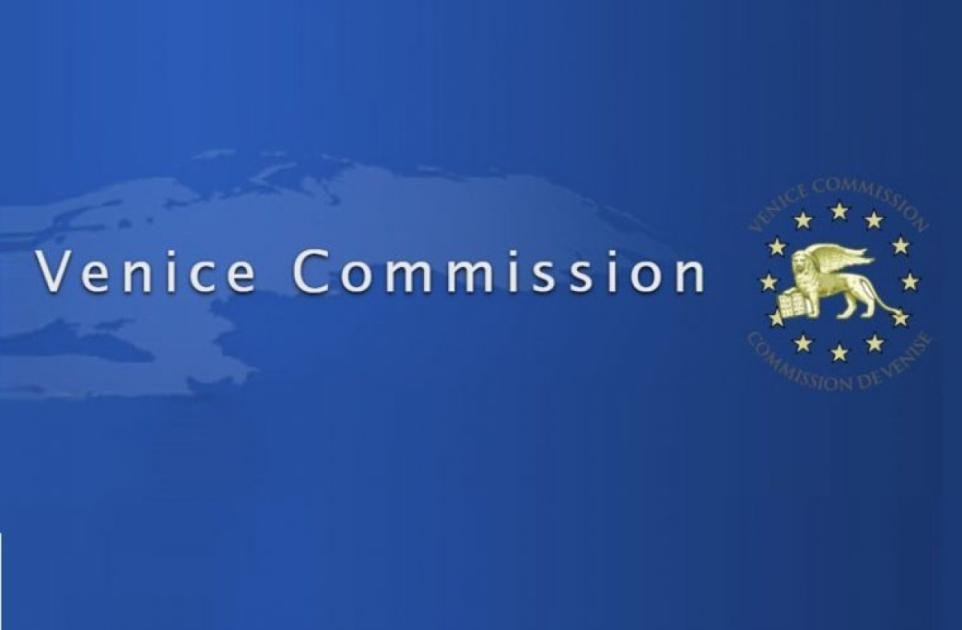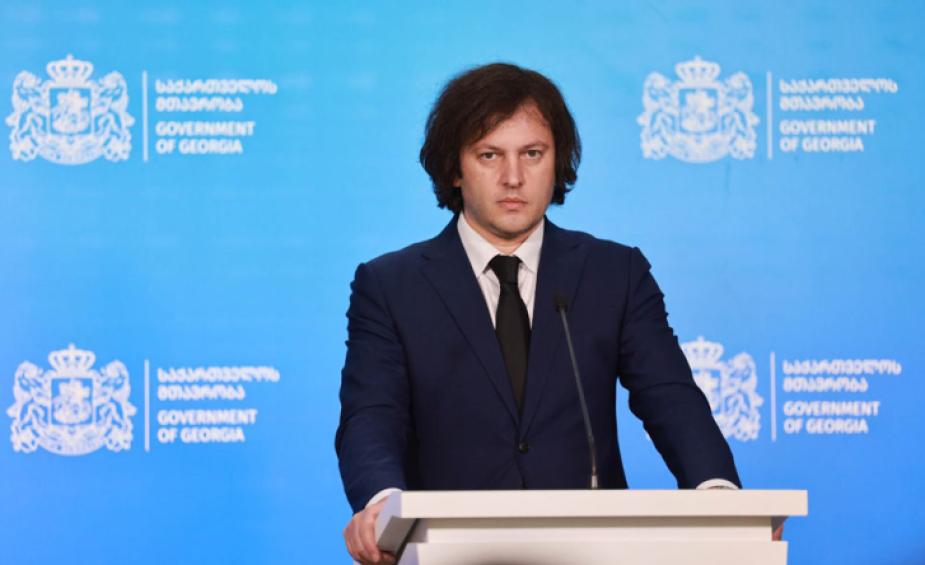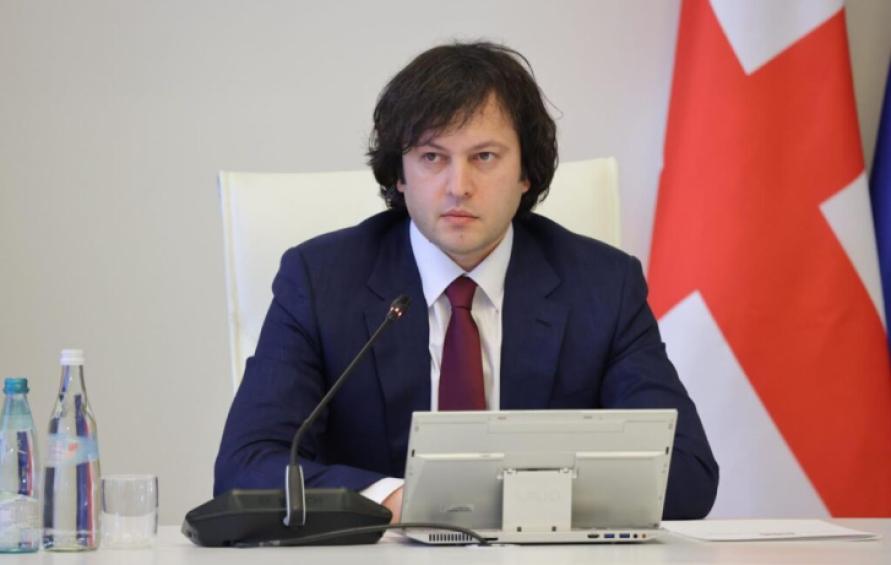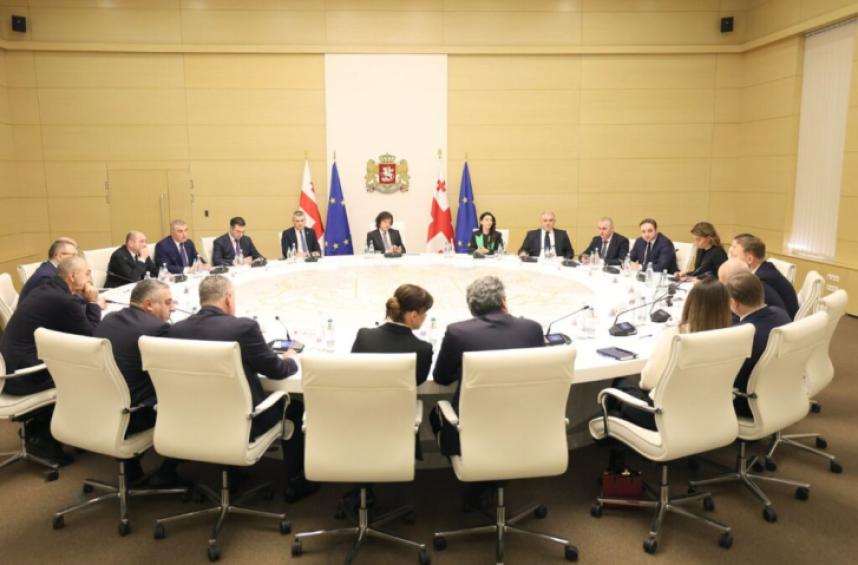
The Venice Commission, an advisory body of the Council of Europe (CoE), released its official Opinion on October 15 regarding Georgia’s “Law on Registration of Foreign Agents” (GEOFARA), alongside amendments to the Law on Grants and other related legislation targeting “foreign influence.”
Issued at the request of the Monitoring Committee of the Parliamentary Assembly of the Council of Europe, the Opinion was adopted during the Commission’s most recent plenary session. It represents a comprehensive legal assessment of the legislative package, focusing on its combined impact on individuals and entities.
The Commission approached its analysis systemically, evaluating the interconnected effects of the proposed laws. It reiterated a previously stated recommendation: when existing laws fall short of achieving legitimate aims, governments should seek to revise and strengthen those laws rather than introduce new, potentially harmful ones.
Key Concerns Raised by the Venice Commission:
Legal Uncertainty and Disproportionality:
The Commission found that GEOFARA lacks clarity and precision, violating the principle of legal certainty. The law’s vague and open-ended language, combined with disproportionate obligations, creates significant legal risks.
Excessive Discretion and Lack of Independence:
The Anti-Corruption Bureau, tasked with enforcing GEOFARA, is granted overly broad powers without sufficient safeguards to ensure its independence or prevent abuse of authority.
Criminal Sanctions:
Provisions introducing criminal liability are described as vague, overly broad, and unjustified. The Commission stressed that these sanctions do not meet the standard of proportionality required under European human rights law.
Amendments to the Law on Grants:
New rules requiring prior government approval for foreign grants lack transparency and necessity. The Commission highlighted the absence of clear criteria for refusal and the lack of adequate procedural protections.
Amendments to the Law on Broadcasting:
A blanket ban on foreign funding for broadcasters was flagged as especially problematic. The Commission criticized the failure to distinguish between harmful interference and legitimate support for media freedom and civil society, deeming the measure neither necessary nor proportionate.
Broader Implications and Recommendations:
The Venice Commission warned that the legislative package as a whole threatens the rule of law, shrinks civic space, and undermines democratic freedoms in Georgia. It urged the Georgian authorities to repeal the contested laws and to improve the existing legal framework through a more measured, transparent, and participatory legislative process.
Emphasizing the importance of inclusive law-making, the Commission called on lawmakers to ensure future reforms are built on broad societal consensus and grounded in international human rights standards.
Finally, the Commission reaffirmed its readiness to engage in constructive dialogue with Georgian authorities to help resolve the identified shortcomings.
0
0










